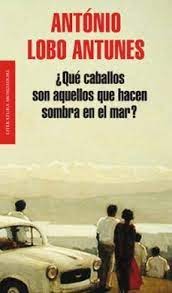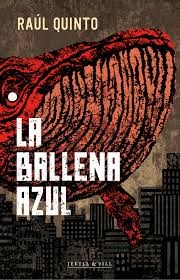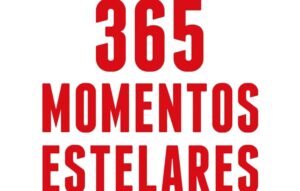
Original language: Portuguese
Original title: What horses are those that make shadows in the sea?
Translator: Antonio Sáez Delgado
Year of publication: 2009
Valuation: interesting and highly recommended for fans
What horses are those that cast shadows in the sea? It was intended to be António Lobo Antunes’s penultimate novel. This was stated by the writer himself at the time of its publication. We will never know if the last one would be Over the rivers that go, a chronicle of the illness he had suffered two years before and the title that followed that ordeal. Perhaps it would be less adventurous to think of the unforgettable Commission of tears, where he took his fabulation to the limit. So much so that, for example, in Spain the critics who until then used to review their new releases left the forum. Well okay… The truth is that after that (apparent) outburst he continued with his pace of publishing one book a year. But this could have marked an unnecessary ending that no one wanted.
What horses are those…? tells the decline of a powerful agricultural family. The house in question is run in that way by a father who does not act as such, a mother who does so relatively and a maid, Mercília, who does her thing and what others do not do. The couple has five children: Francisco, João, Beatriz, Ana and Rita. At the moment of the mother’s agony, everyone gathers around in a meeting of human and ghostly presences. And they begin to debate the reasons that have led to their decline and a more than foreseeable extinction. The background could have certain similarities with that of One hundred years of loneliness, if it weren’t for the fact that here there never was what is called a past of splendor. The narrators take turns and each of them contributes to the common testimony a series of particular experiences, from all of which results the unequivocal storm in which the saga finds itself.
First of all, what there was were some economic potential and an extensive livestock farm. When the breath of memory starts up, you see children dragged by life. Beyond the foreground appears a father dedicated to precarious activities and companies; a mother abandoned to religion and the tempestuous memory of her youth; and a maid, of dubious origin, who tries to make up for the lack of both references with more will than efficiency. The children are victims of dissipated existences, clients of Charon, all without money for the trip. There are those who hope to hold on to the burning nail of the share of inheritance that they get to those who would have wanted to have a true home to return to as a warrior’s rest.
All family members have their moment of glory, although they deny each other and accuse whoever reproduces their voices as a manipulator. This transcriber is none other than Lobo Antunes himself, a great supporter of that Iberian tradition that gives weapons to ancestors of a common literature such as Miguel de Unamuno. As is usual for the author, the novel is a river of poetry with the current unearthing diamonds every so often. At times it is not known whether the characters, like many Ulysses, will reach rest or will have to entrust themselves to divine providence, which is practically the only thing they have left.
Signed: César
Also by Lobo Antunes: Here
Source: https://unlibroaldia.blogspot.com/2023/11/colaboracion-que-caballos-son-aquellos.html


